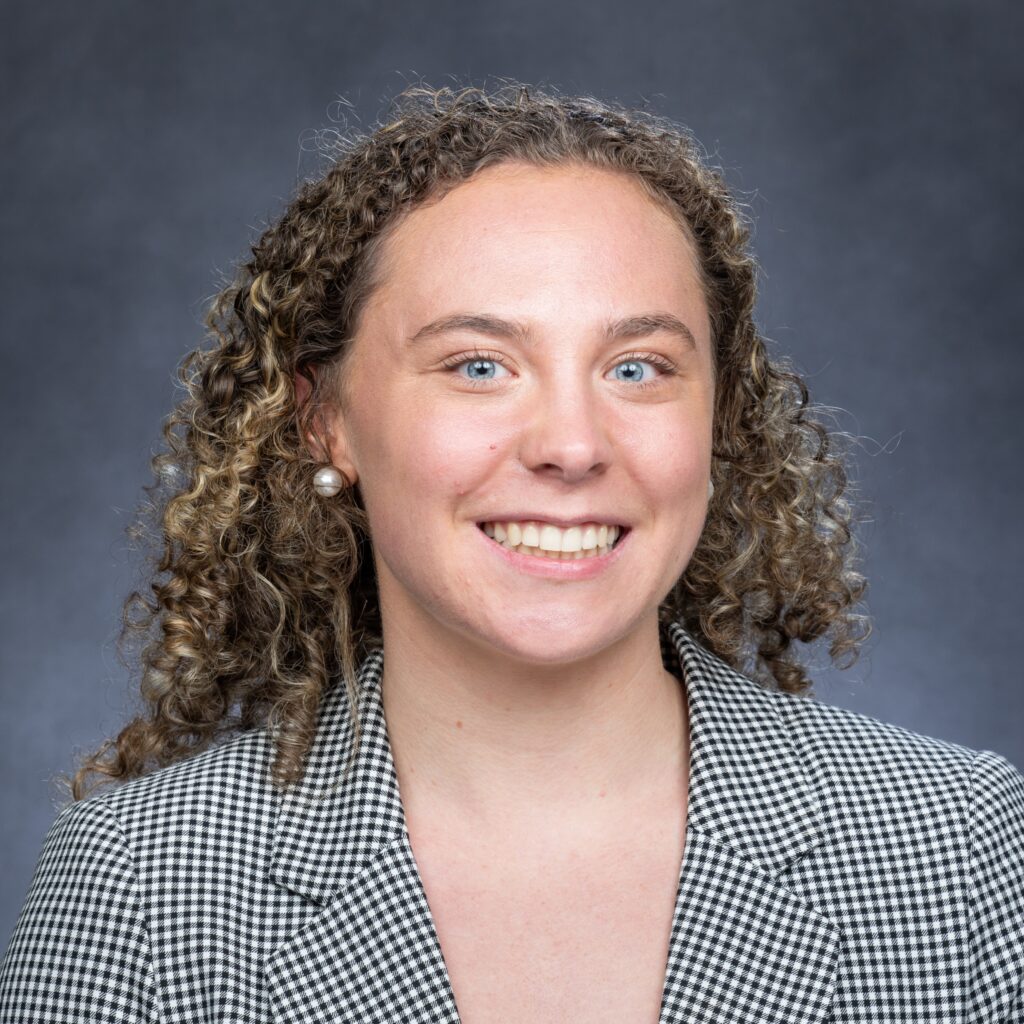The Wilson Credential: A Key Addition to Your Special Education Master’s Degree
For educators pursuing a M.Ed. in special education, adding specialized credentials can be a powerful way to expand expertise and better serve diverse student needs. One such credential, highly regarded in literacy instruction, is the Wilson Credential. It equips educators with the skills and knowledge to help students struggling with reading, including those with dyslexia, a common learning challenge within special education.
What is the Wilson Credential?
The Wilson Credential is rooted in the Wilson Reading System, a structured literacy program designed to teach reading and spelling explicitly and systematically. It’s a multi-sensory approach, meaning it engages students through visual, auditory, and kinesthetic methods. This program is particularly effective for students who require intensive support, including those with dyslexia and other reading difficulties.
There are different levels of certification within the Wilson program, each allowing educators to deliver the program in various settings. Completing Wilson Level I Certification prepares teachers to work directly with students, while Level II Certification enables them to train other educators and implement Wilson across a school or district. At Providence College, the M.Ed. in Special Education with Dyslexia Credential program includes the courses and training needed for Wilson Reading System® (WRS) Level I Certification.
In this program, educators will receive specialized training in order to effectively help students with dyslexia and other language-based learning disabilities to become fluent and independent readers. The Wilson program is used in schools across the United States as a Tier 3 intervention designed to meet the needs of students who require the most intensive level of reading instruction.
Why Pursue the Wilson Credential with Your M.Ed. in Special Education?
- Enhanced Expertise in Literacy Instruction Many students receiving special education services have reading challenges, with dyslexia being one of the most common. The Wilson Credential equips educators with specific strategies for addressing these challenges, making them more effective in the classroom. This is crucial for special education teachers, who are often called upon to deliver individualized reading interventions.
- Increasing Employability and Advancement Special education is a diverse field with growing demand for teachers who can deliver specialized literacy instruction. By obtaining the Wilson Credential alongside your master’s, you not only deepen your knowledge but also position yourself as a literacy expert. Schools, districts, and specialized learning centers often prioritize candidates with this dual expertise.
- A Holistic Approach to Special Education The Wilson Credential fits seamlessly into a Master’s in Special Education program. It builds upon the foundational knowledge of learning disabilities, instructional methods, and student support systems. For educators committed to helping students overcome literacy barriers, the combination of a Special Education master’s degree and Wilson training offers a comprehensive approach to student success.
How the Wilson Credential Complements Your Degree
While a master’s program provides a broad understanding of special education, the Wilson Credential adds depth in one of the most critical areas: literacy. These two learning paths complement each other, as both focus on the need for evidence-based, student-centered instruction. Complemented further by Providence College’s dedication to providing students with real-world opportunities to apply their knowledge, students finish the program ready to move into an impactful career.
A current student, Jamie Comeau ‘25G, appreciates the diverse perspectives within her peer group.
As a graduate student at PC, you’re not only surrounded by students who just graduated college. You also have peers and faculty who are working professionals and teachers in the field. They provide such an important perspective to your learning experience. Some work in public schools, charter schools, or private schools and through collaborating with them, you learn how the concepts you read about actually apply in the real world.
Jamie Comeau ‘25G

Pursuing the Wilson Credential as part of your M.Ed. in Special Education is a strategic way to enhance your teaching practice. This credential provides deep, evidence-based literacy instruction skills that are indispensable in helping students with dyslexia and other reading challenges succeed. For educators looking to make a meaningful impact in their careers, this dual path offers a powerful combination of expertise and opportunity.





